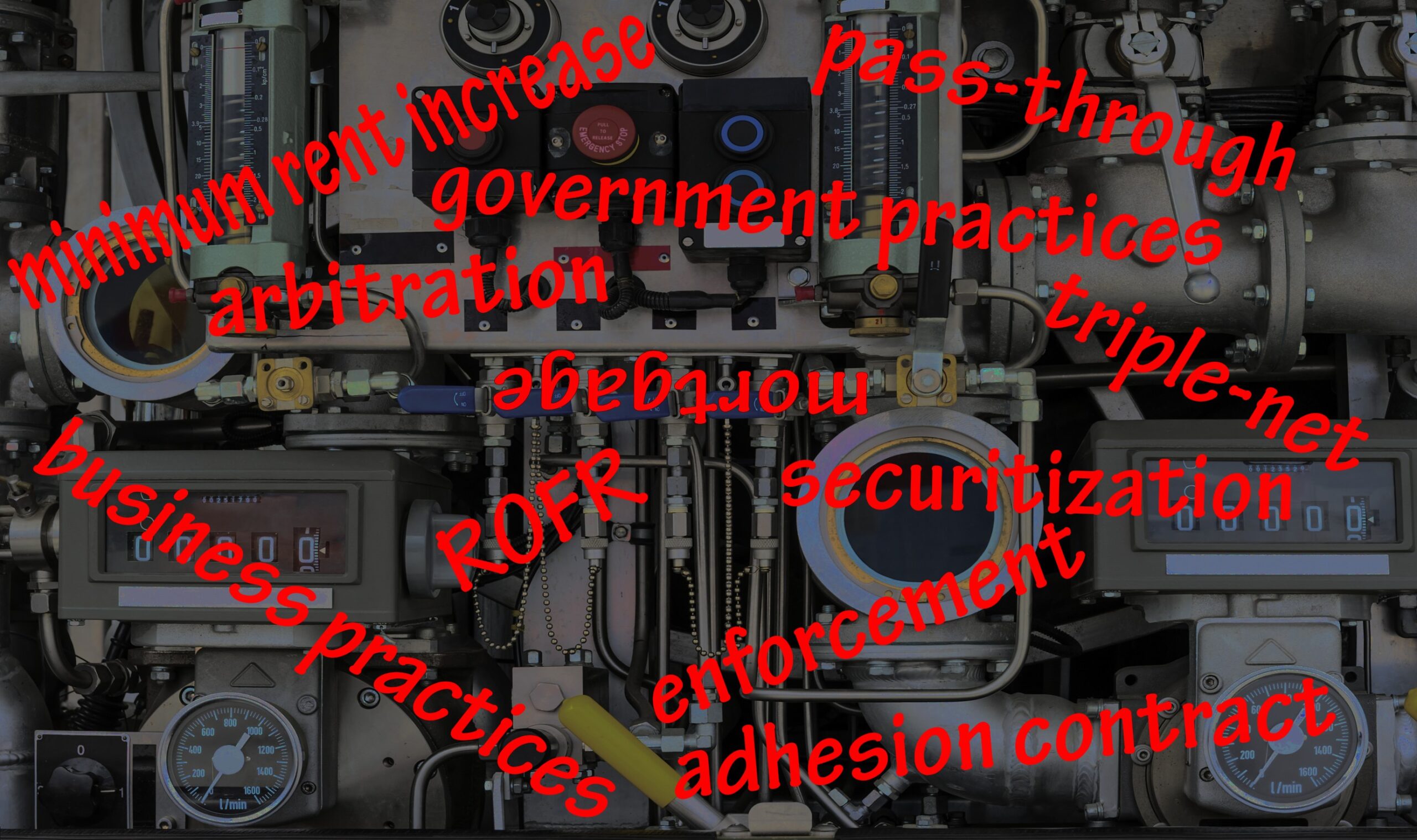
ALERT!
If there are urgent matters going on in your mobile home park, contact the proper authorities. Any immediate serious threat to the health and safety of citizens should be reported to the park management and the respective government authorities. This series of posts about complaints is not about how to respond to emergencies. These posts are about chronic neglect, failure to maintain. See slumlord business model.
A multipart a series. Also see:
How to Escalate Mobile Home Park Complaints – First, Firmly Establish the Problem
Filing Complaints – A Good Landlord Welcomes Customer Feedback
When you file your first complaints using a “good faith” approach, you are giving the existing system a fair chance to work – you are trusting. You are exhibiting a sincere intention to be fair, open and honest. You are acting as if there is an existing complaint system and that it works well.
You can think of acting in good faith as following standard, unwritten, common-sense procedures. As you make your request for improvements, you also should document that history. Show that you approached the problem in a good faith manner – at least for the first few times.
Your landlord should also behave in good faith – be fair, open and honest. By starting your very first complaint(s) using a good faith approach, you are establishing your sincerity and fairness. If well-documented, this approach can help you later if you have to escalate the problem.
If this trusting and waiting approach works to get the problems solved, then there is nothing further to do. Congratulations! However, one reason people are reading these posts is due to frustration caused by chronic landlord neglect.
Documenting Your Effort Helps Solve Problems
When you document your good-faith efforts, it solves three problems. It produces good evidence that the problem really exists and cannot be disputed. It establishes that you have made good, clear attempts to get the problem fixed. And, lastly, it records the landlord’s response whether it be negligence or good customer service.
Because there is no mobile home cop on the beat nor rental registry that covers park business practices, only the residents can watch their park. If they do not organize and be watchdogs, the problems may deteriorate further. Currently, it is up to park residents to assert their rights and demand delivery of the maintenance they are already paying for.
In a sense, organized residents are orchestrating and managing their problem. They anticipate that they may eventually need to call on outside authorities for help. A good faith approach is important when preparing for escalation to people outside the park.
What if a Good Faith Approach Doesn’t Work?
You may later have doubts about the trustworthiness of the system, but in a civil society, you must start by acting in good faith until circumstance (evidence) proves it isn’t working. Later, in time, your experiences may give you reason to expect poor treatment. But you can’t justify that expectation to the authorities and the public unless you have the evidence that all customary methods have failed.
When you file your complaint in good faith, you accomplish three things:
- Filing the complaint
- Gathering evidence about how complaints are handled (or neglected)
- Creating an ability to prove to the public and authorities what is really going on so that they will believe you and are more likely to help you
Remember, you are documenting both the landlord’s way of handling complaints and your own way of handling complaints. Make sure that your way is fair, clean, diplomatic, decent, trusting, patient and documented.
In all cases, you should keep track of the complaint proceedings. You need to rely on your system to produce results when the park owner has shown his system cannot be relied upon (or doesn’t exist at all!). Your system becomes part of a backup plan when conventional efforts fail.



